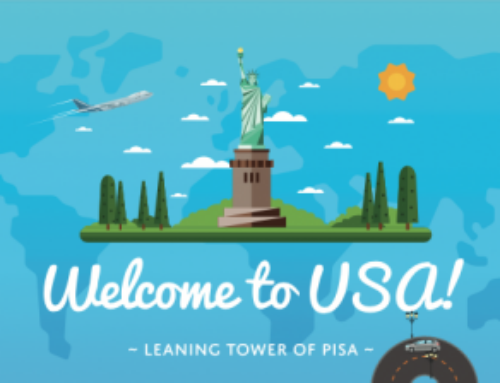
Efforts are underway to have the US Department of Veterans Affairs (VA) amend new legislation passed in June 2021 – the THRIVE Act – whose wording, in one section, appears to present a barrier for American higher education institutions in using education agents for international student recruitment.
The potential implications of the THRIVE Act naturally provoked alarm in higher education circles across the country, not to mention among agents. Nearly half of 294 US institutions surveyed recently by the American International Recruitment Council (AIRC) and the National Association for College Admission Counseling (NACAC) work with agents to recruit international undergraduate students.
The THRIVE Act, in its current form, is not the first time that US educators have been banned from offering agents incentives-based compensation for recruiting international students. Until 2013, the National Association for College Admission Counseling (NACAC) had also prohibited this practice. The association’s Statement of Principles of Good Practice (2013) removed the ban, opening the door for significant growth in recruiting via agents for US institutions.
- Whether it represents an “omission” or purposeful intent, a section in recently passed US law appears to prohibit US educators from compensating agents for international student recruitment
- Efforts are underway, in the form of recently proposed legislative amendments, to introduce “technical corrections” to the act which would reverse that ban


